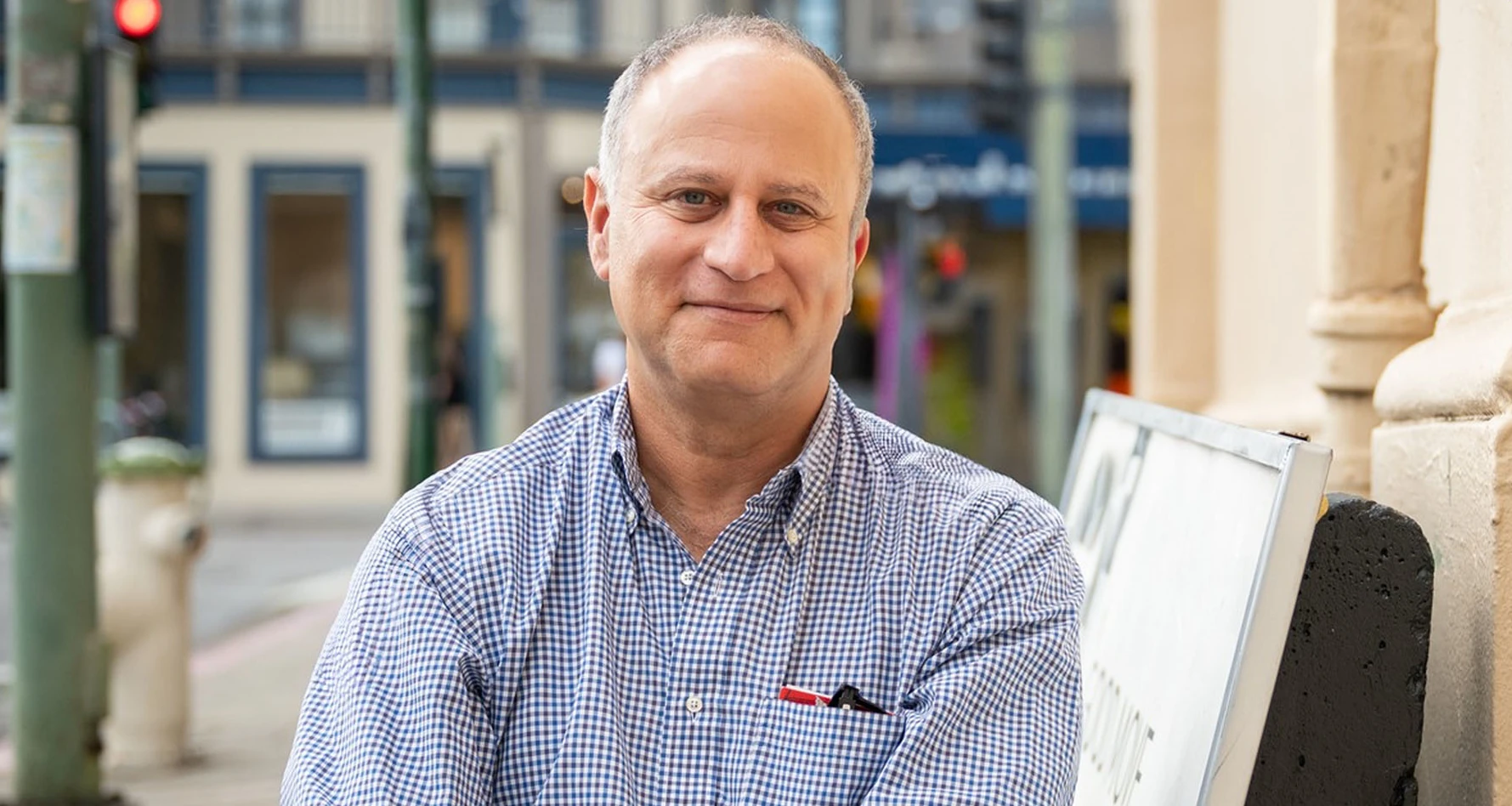Unmasking the “Privacy Paradox” with Vermont Attorney General Charity Clark
Beau Friedlander
Reading time: 4 minutes

Ever feel like your life is an open book that you didn’t write? In a digital marketplace where “post-privacy” is marketed as the new normal, it’s easy to feel like the battle for privacy is already lost. Vermont Attorney General Charity Clark doesn’t buy that for a minute, and she’s fighting to reclaim it as a fundamental right in her state.
Clark is one the fiercest lawmakers in the nation when it comes to our collective digital dignity, and she joined us this week to talk about that.
Why Your Data Matters
Attorney General Clark laid out two core reasons you should care about data privacy. First, it’s arguably a foundational right. The Constitution protects your reasonable expectation of privacy, which, again, arguably, includes the freedom from surveillance. The second reason is more practical. Whether we’re talking about health records or location history, your data is a goldmine for scammers and criminals.
Highlighting how our information is easily re-purposed in the commission of identity theft, scams, and extortion, Clark is not just floating some abstract idea: Our personal information makes us vulnerable.
Swagger Eats Ethics for Breakfast
The conversation veered into some wild territory, starting with Attorney General Clark’s view of the current administration’s hiring practices. Focusing on a Trump Administration hire that wasn’t even Googled before being given access to highly sensitive data, Clark calls to question best practices.
“The average person knows you don’t even go on a date with someone until you Google them,” she quipped. This “swagger,” as Clark calls it, is a dangerous component in the rapid evolution of technology like cryptocurrency and AI, where the drive for innovation and market dominance often eclipses ethical considerations.
The disregard for privacy goes hand-in-glove with the above tendency, extending to the bizarre world of meme coins and beyond.
AI and Deepfakes
Clark thinks the biggest threat to our privacy may be the runaway train that is artificial intelligence. The technology is advancing so fast that it’s out-pacing legislation in a crony-driven environment where a 10-year ban on state-level AI regulation was recently buried in a recent federal statute–and thankfully scuttled before that bill was signed into law.
Clark pointed to Europe’s proactive “AI Act” as a potential model, noting that their historical and political experiences have fostered a greater emphasis on data privacy.
Under her leadership, Vermont is looking to expand revenge porn statutes to include AI-generated deepfakes.
Enter the shadow of AI chatbots and romance scams, “the romance scam using AI chatbots is a deadly combination and it is coming,” Clark warned. “You know, the idea that I could literally be living my life, making a sandwich, doing whatever I want…[and] my evil AI bots could be romancing victims by the thousands.”
The Kids Aren’t Alright
We also talked about the privacy of children. A significant privacy paradox is that parents consent to data collection through school-mandated educational technology (EdTech) apps.
“Violation of privacy has been so normalized that people think they’re being like a Karen if they say, ‘No, I don’t want that information shared about my kid,'” Clark pointed out.
Collective Responsibility
Our privacy is at risk, and we’re all complicit. Through our online behavior and willingness to share information, we participate in the erosion of our own privacy. The couple caught on the Jumbotron at that Coldplay concert we talked about a few episodes ago provides a perfect example: they weren’t identified by a big corporation or the government, but by fellow citizens using publicly available data. We have all become participants in a culture of mutual surveillance.
Attorney General Clark is not without hope. She believes a shift in awareness is possible. She advocates for a society where individuals can experience freedom without ambient surveillance, where private companies are held to the same standards we expect of our government, and where “minding your own business” is not just a quaint Yankee notion but a protected right.
Our privacy advisors:
- Continuously find and remove your sensitive data online
- Stop companies from selling your data – all year long
- Have removed 35M+ records
of personal data from the web
Save 10% on any individual and
family privacy plan
with code: BLOG10
news?
Don’t have the time?
DeleteMe is our premium privacy service that removes you from more than 750 data brokers like Whitepages, Spokeo, BeenVerified, plus many more.
Save 10% on DeleteMe when you use the code BLOG10.

















